Dr. Charles Tolit, a Ugandan scholar and security expert has argued that what is happening in the Democratic Republic of Congo (DRC) are Eurocentric issues.
Having written and spoken extensively about the history and politics of Africa, especially the Great Lakes region, Dr. Tolit asserts that the crisis in DR. Congo is influenced by the interests and perspectives of European powers and their allies, rather than the aspirations of the Congolese people.
Dr. Tolit said this during his presentation at the Nkumba University’s Security Studies and Analysis Centre (SESAC) Community of Practice Conference that took place today via Zoom.
According to Dr. Tolit, the root causes of the conflict and instability in the DRC can be traced back to the colonial era, when European countries divided and exploited the continent, creating artificial borders and ethnic divisions before plundering its natural resources.
He has also questioned the role of the United Nations, the African Union, and other international actors, who he claims have failed to protect the sovereignty and dignity of the DRC.
Dr. Charles suggests that the approach to resolving the crisis should be more Afrocentric, which he believes would promote the country’s vision of development and democracy.
The discussion hinged on the Geopolitical Shifts and Regional Security Dynamics, an Analysis of President Tshisekedi’s Actions in the Democratic Republic of Congo, and the Implications therein, for the Great Lakes region of Africa.
Dr. Charles Tolit was the Keynote speaker, Ass. Professor Solomon Assimwe moderated and hosted the discussion with Dr. Anne Abaho a senior lecturer at Nkumba University as his co-host.

The session explored the main drivers and objectives of President Tshisekedi’s security strategy in the DRC, especially in the eastern provinces where armed groups and foreign interference continue to threaten the peace and stability of the country.
Dr. Tolit’s views are controversial and have been challenged by other scholars and experts, who argue that he oversimplifies the complex and multifaceted nature of the DRC’s situation, and ignores the role of internal factors and actors, such as the interests of the regional neighbors
According to Arinaitwe Rugyendo, the DRC has received significant support and assistance from both the international and regional interventions but “there is a need to address the sincerity of the interventions.”
Rugyendo says Congo may be snubbing from the EAC “because of sovereignty bargains and concerns as enshrined in the East African Treaty.”

The DRC joined the EAC in 2019, hoping to benefit from the regional integration and cooperation. However, in 2023, the Country decided not to renew the mandate of the EAC Regional Force, a military mission that was deployed in the eastern DRC to help fight the M23 rebels, a group that claims to represent the interests of ethnic Tutsis.
The DRC government accused the EAC force of being ineffective and even colluding with the rebels and demanded that they leave the country by December 8, 2023. The EAC force began its withdrawal on December 3, 2023.
The country’s decision to end the EAC force’s mandate was seen as a sign of its dissatisfaction with the EAC as a whole and a possible precursor to its withdrawal from the regional bloc. DRC President later accused Uganda and Rwanda of financing the rebels, which many say, would have been one of the reasons for withdrawal.
President Tshisekedi led the DRC to the Southern African Development Community (SADC), another regional organization that has a different approach to security and development issues.
An action sought to reclaim DRC sovereignty; however, he still faces many obstacles and resistance from various actors both within and outside the country. It is estimated that DR. Congo has close to 100 rebel groups that continue to destabilize both DR. Congo and its neighbors.
Prof. Solomon observes that, “DRC preferred SADC to come in because EAC could not fight the M23, but South African Development Community may.”
In her submission, Dr. Anne Abaho expounded on the element of Geo-political shifts as an intersection between politics and Geography. Dr. Ann says, Congo has remained a battlefield certainly because of its’ natural resources neighboring about 9 African Countries, so if you control Congo, you control the rest of the region.” Dr. Anne believes that there nothing much that will come from Tshisekedi Presidency.
However, experts argue that President Tshisekedi will need to balance his domestic and international agendas if he is to deliver on his promises to the Congolese people.
Tshisekedi, 60, took office in 2019 after a disputed election that numerous observers said he had lost. He was re-elected on December 20th, 2023 in an election marred by allegations of fraud.
His re-election was challenged in the constitutional court, However, the court dismissed the petitions and confirmed Tshisekedi’s victory on January 10, 2024.
President Tshisekedi’s second term is expected to face many challenges, such as the security situation in the eastern provinces, where armed groups continue to pose a threat to civilians and humanitarian workers; the economic recovery from the impact of the Covid-19 pandemic continues to linger, and the implementation of the reforms and policies that he promised in his first term.
He will also have to deal with the political dynamics within his new coalition government, which he formed with the opposition parties after breaking away from his predecessor Joseph Kabila’s alliance.
Uganda/Rwanda DR. Congo Rift
Uganda and Rwanda jointly invaded the Democratic Republic of Congo (DRC) in 1996, to root out the remaining perpetrators of the 1994 Rwandan genocide. They backed a rebel coalition led by Laurent-Désiré Kabila, who eventually overthrew dictator Mobutu Sese Seko and became president of the DRC, this sparked the First Congo War, which lasted until 1997.
The two withdrew their troops from eastern Congo in 2002 following the Pretoria agreement that ended the First Congo War. However, both countries have been accused of continuing to support various armed groups in the region including the M23 rebels.
Uganda, with a mission to fight the Allied Democratic Forces (ADF), returned to the country in late 2022 but was ordered to withdraw its troops in December 2023.


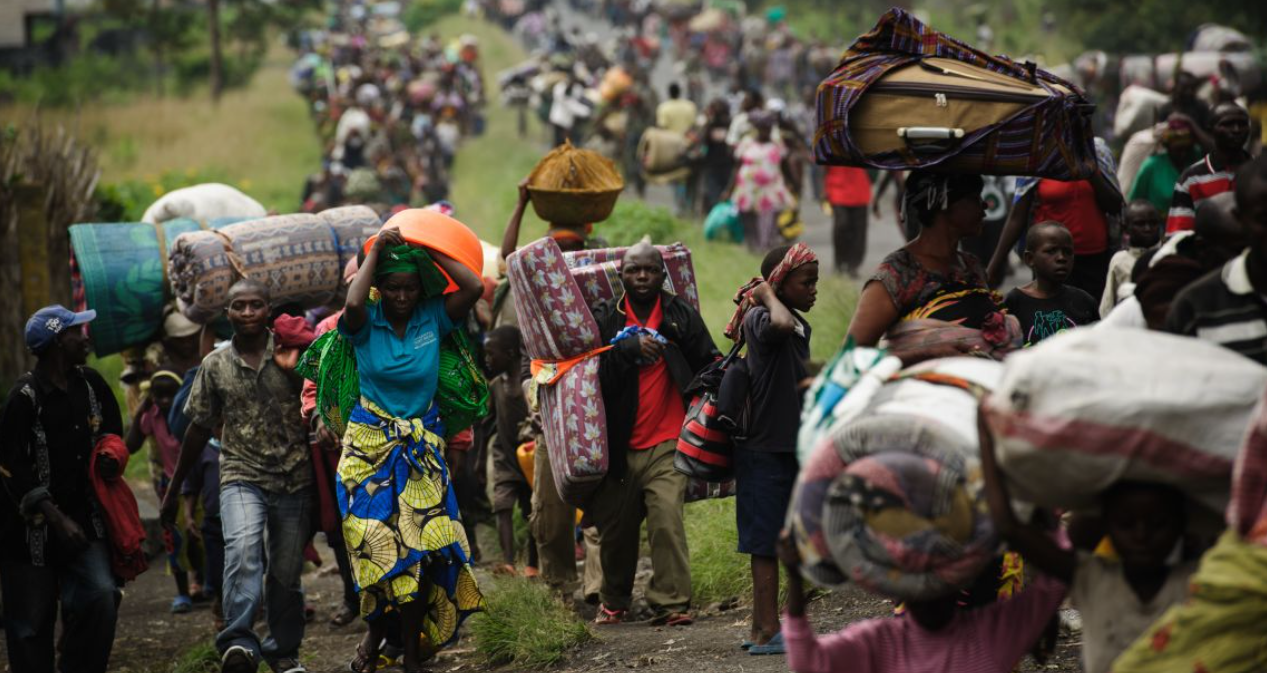




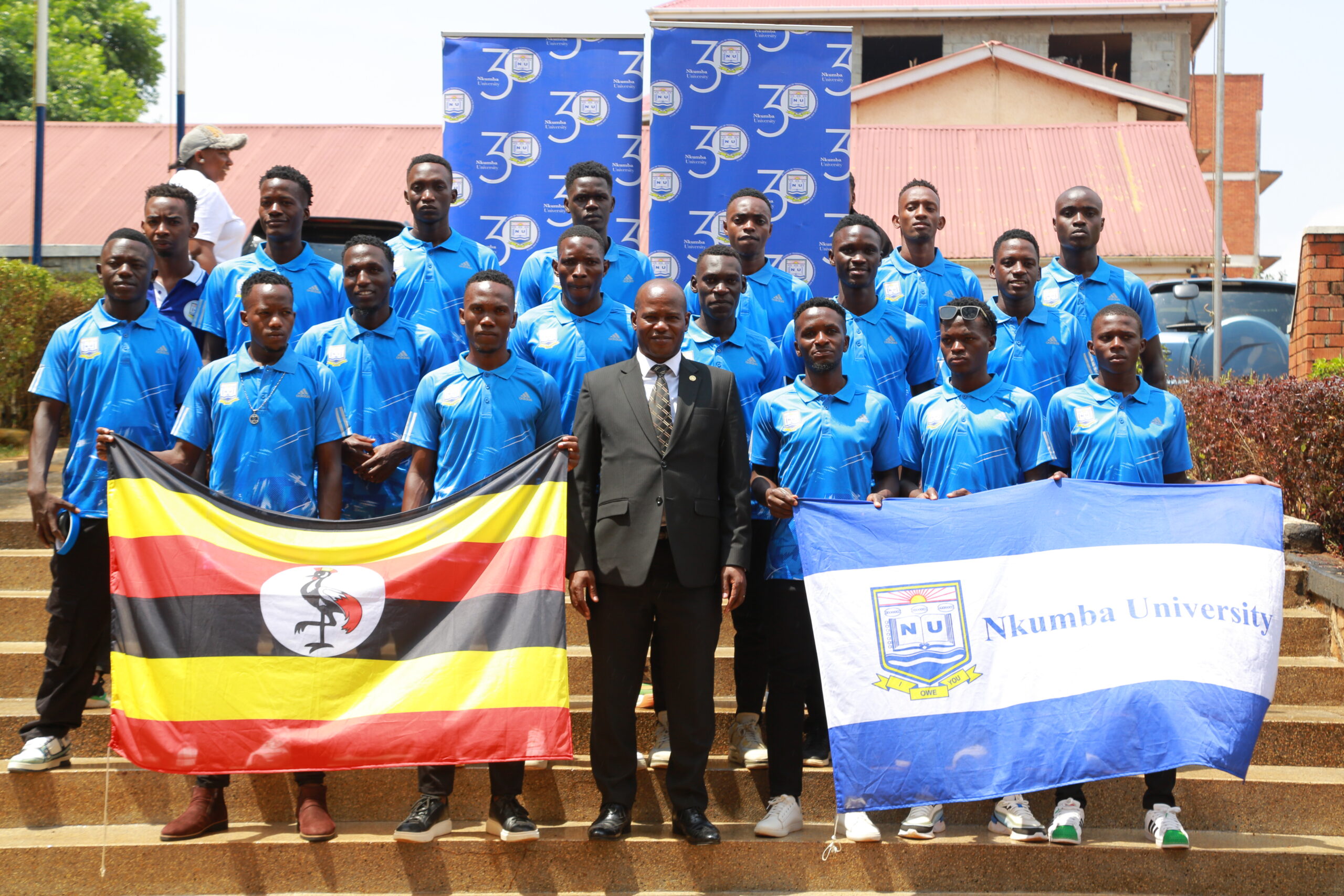
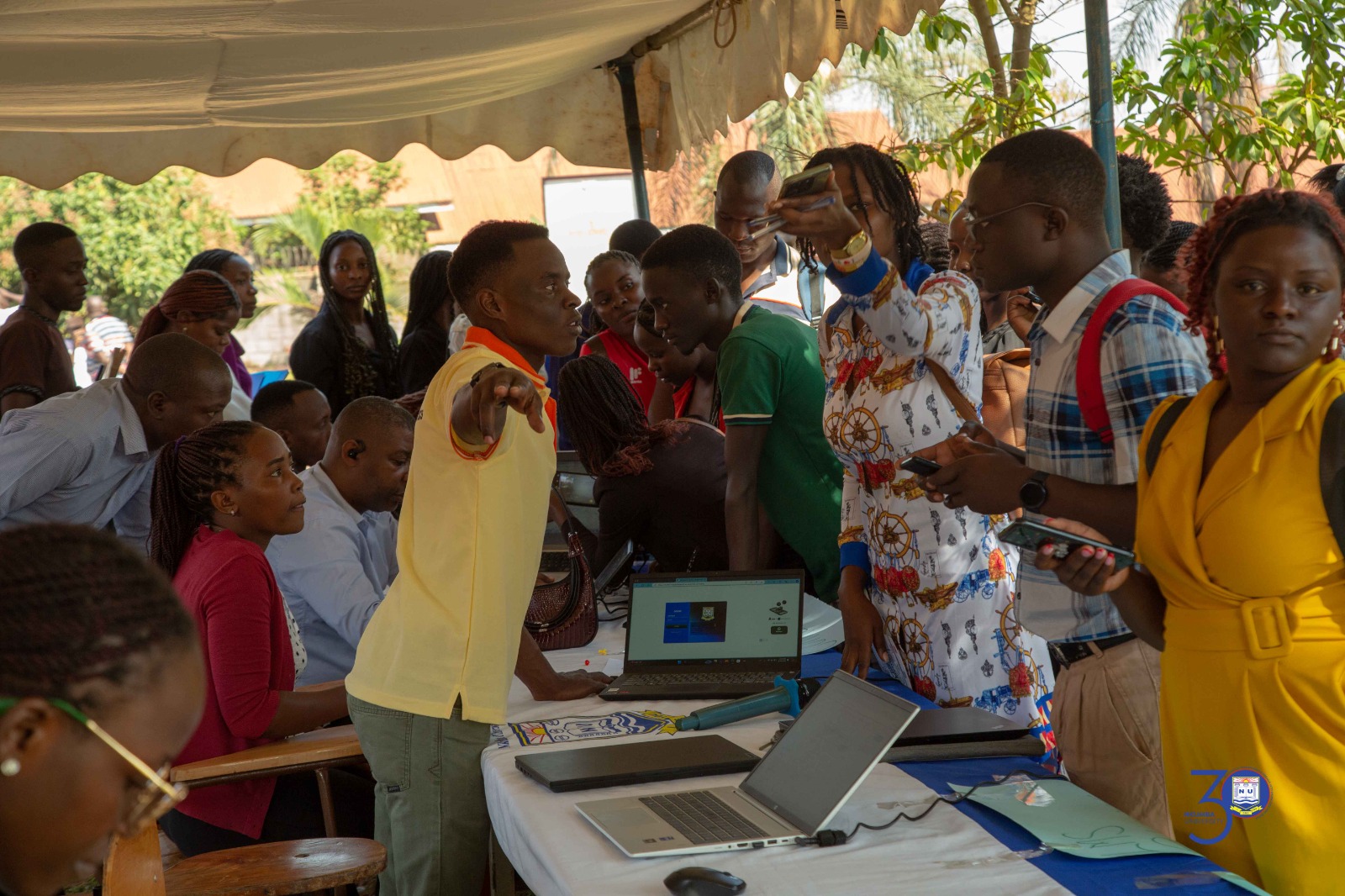
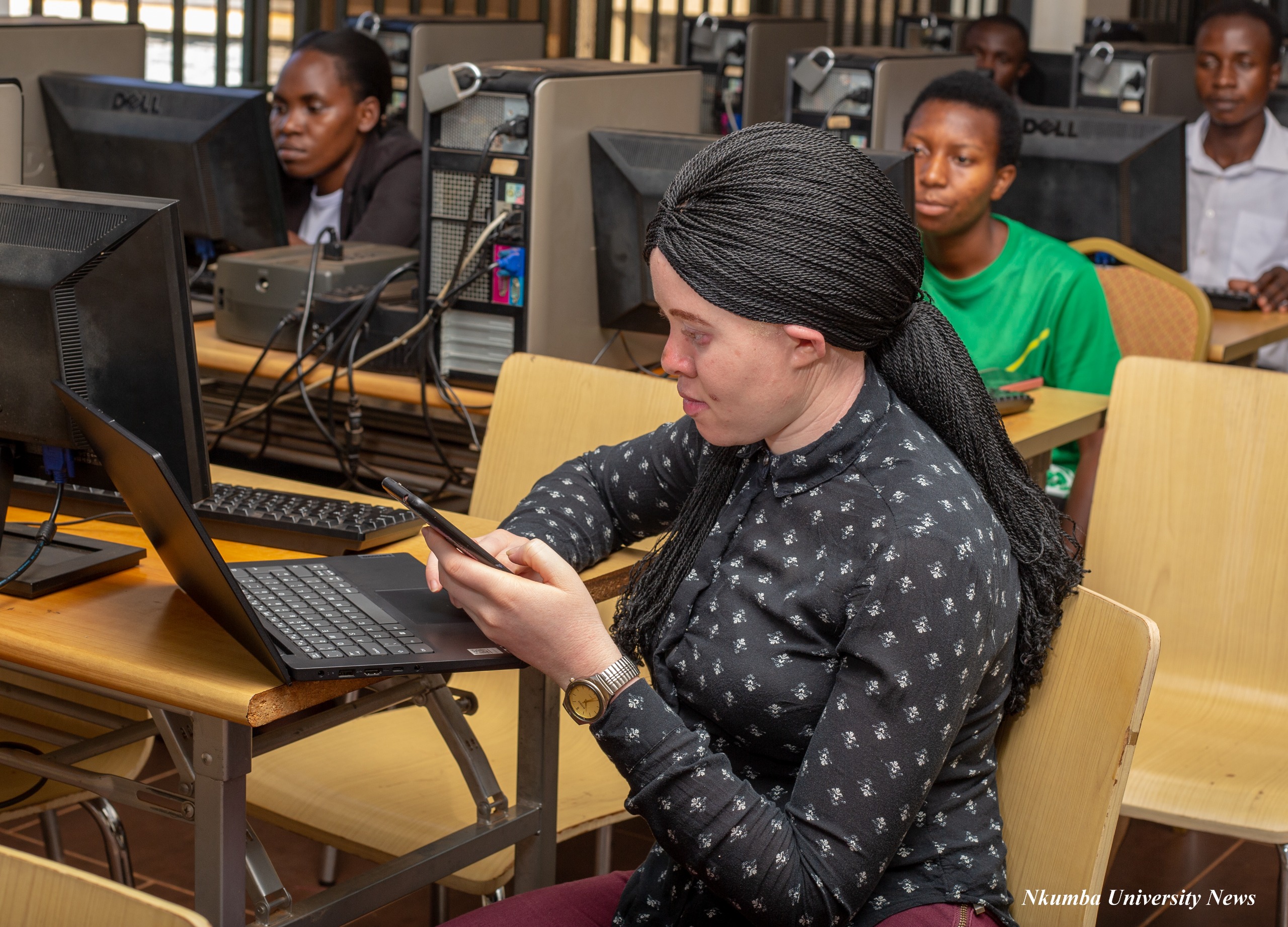
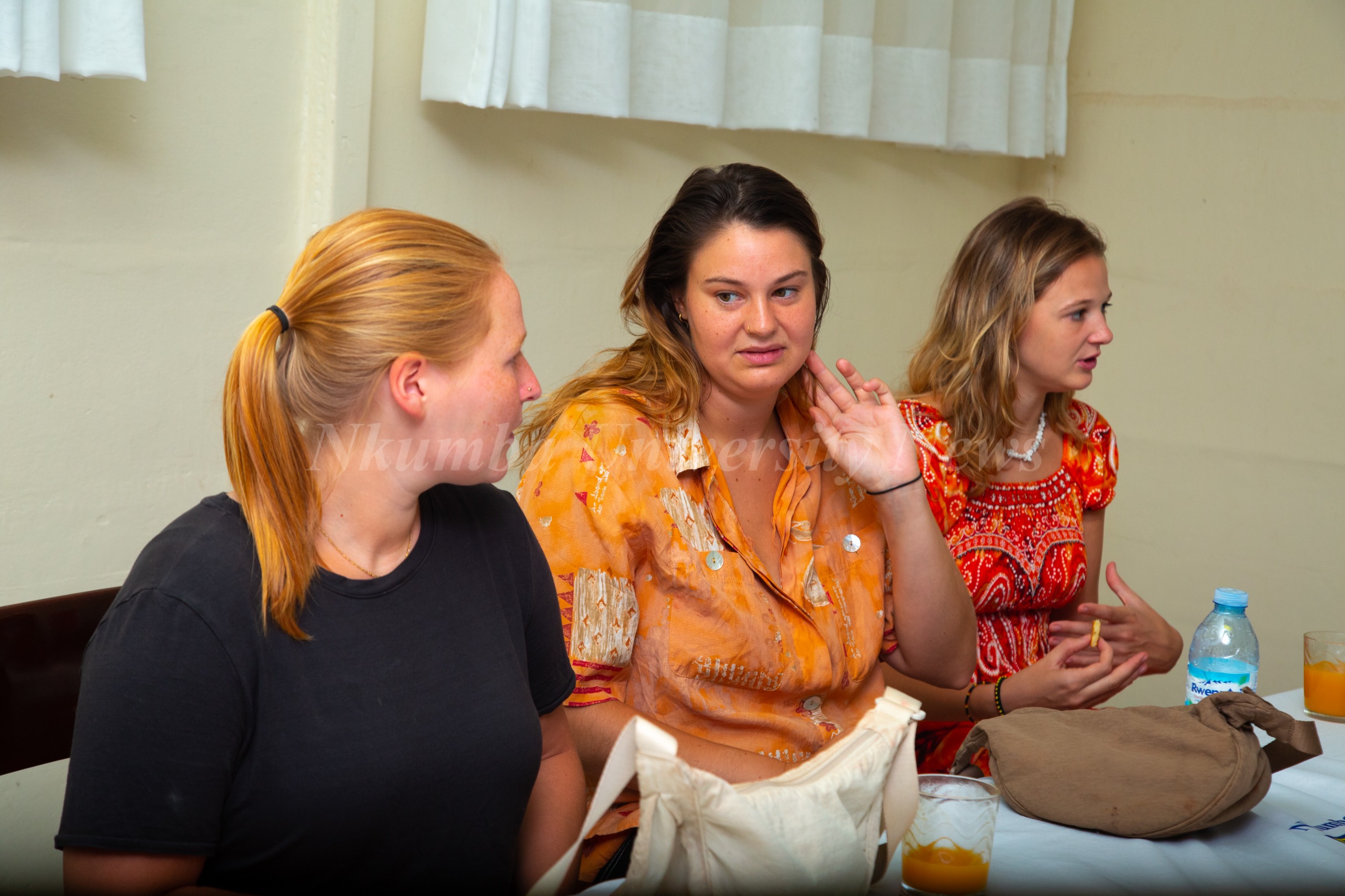
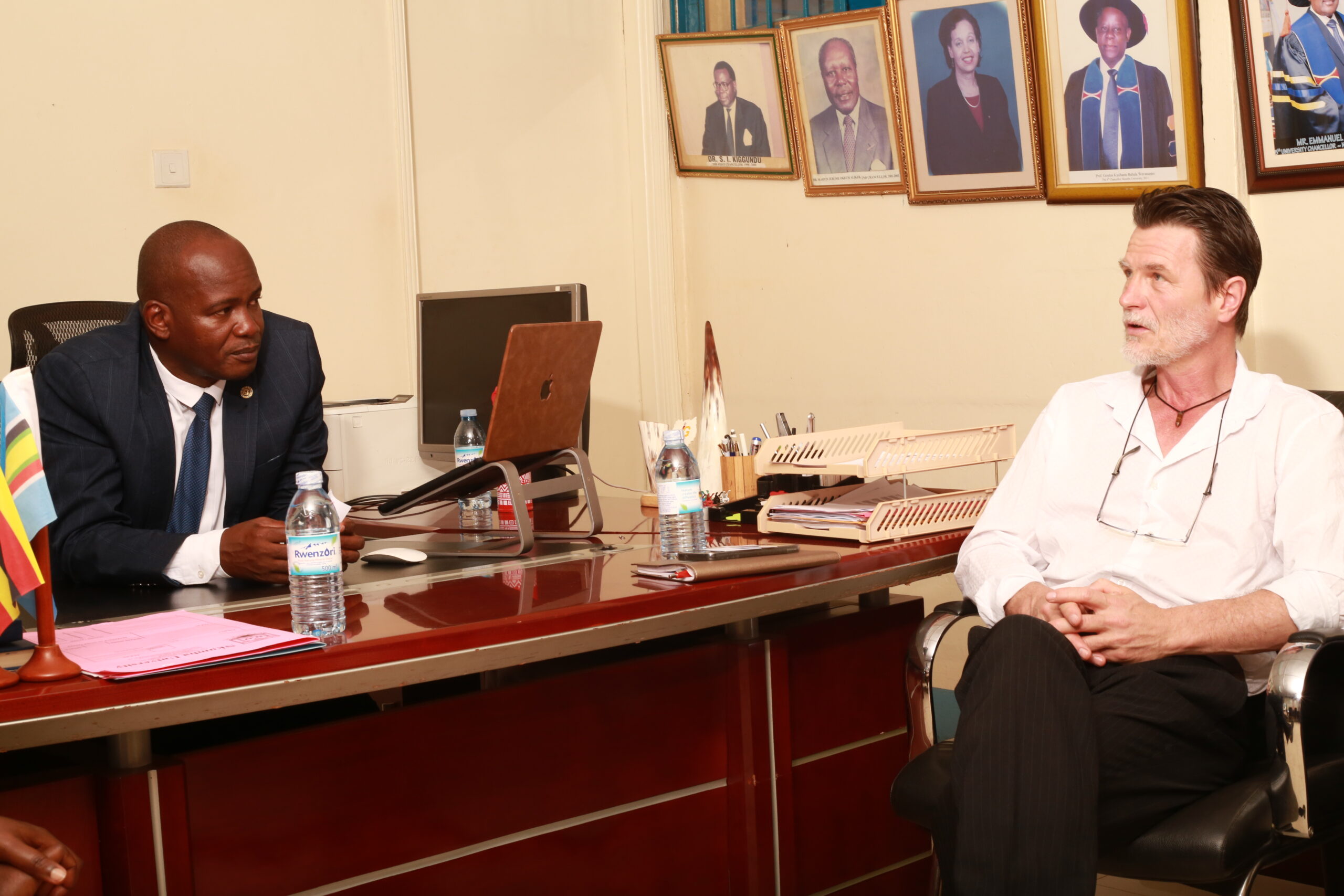







Discussion about this post